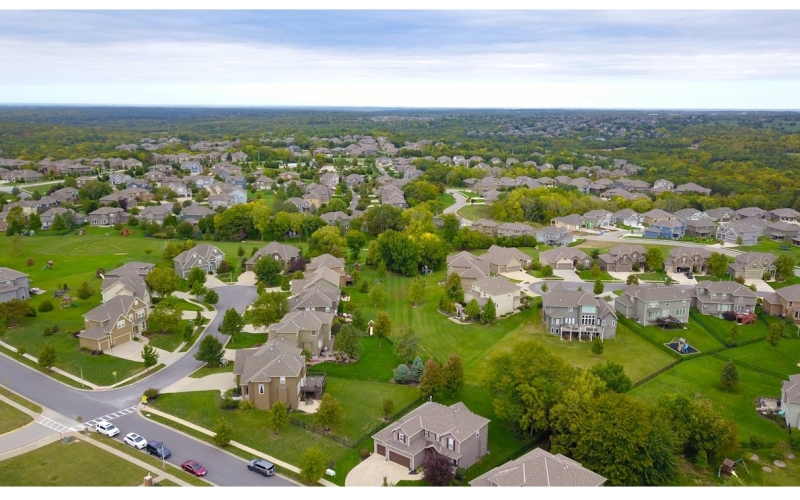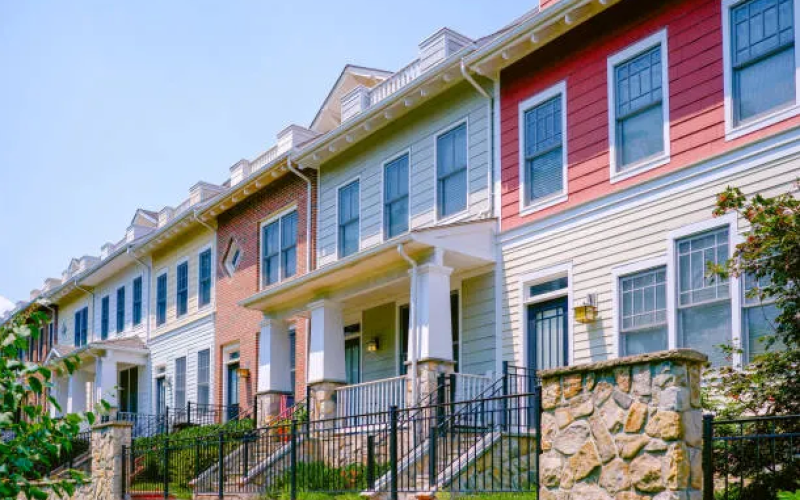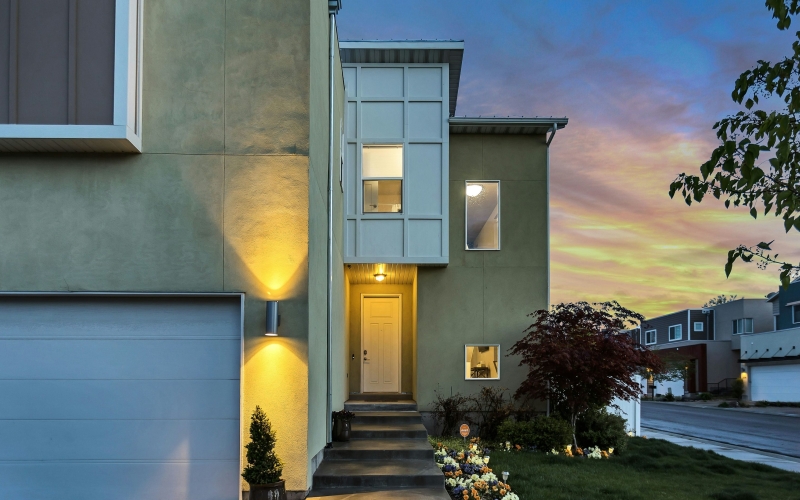Real Estate Tips

1031 Exchange Explained: How to Sell and Buy Property Without Paying Taxes (Right Away)
A 1031 exchange is a rule in the U.S. tax code that lets you sell one investment property and buy another without paying taxes right away
Read More1031 Exchange Explained: How to Sell and Buy Property Without Paying Taxes (Right Away)
How to Start Investing in Real Estate Even If You're a Beginner!
Start investing in real estate by setting a budget, choosing a property type, getting financing, and working with a trusted agent or advisor.
Read MoreHow to Start Investing in Real Estate Even If You're a Beginner!
Townhouse vs. Condominium: Key Differences and Which is Right for You?
Townhouses and condominiums (condos) are both popular housing options, but they differ in ownership and layout. With a townhouse, you own both the interior and the exterior of the unit, including the land it sits on. Condos, on the other hand, involve owning only the interior space, while the building and land are shared with other owners. Townhouses often have more privacy and space, while condos typically offer more amenities and require less maintenance.
Read MoreTownhouse vs. Condominium: Key Differences and Which is Right for You?
Types of Real Estate Investments: A Guide for Beginners
Real estate investments come in several forms, including residential properties like houses and apartments, commercial spaces such as offices and retail stores, industrial properties like warehouses, and raw land for future development. Investors can also buy shares in Real Estate Investment Trusts (REITs) to earn from real estate without owning physical property. Each type offers different benefits and risks based on your investment goals.
Read MoreTypes of Real Estate Investments: A Guide for Beginners

